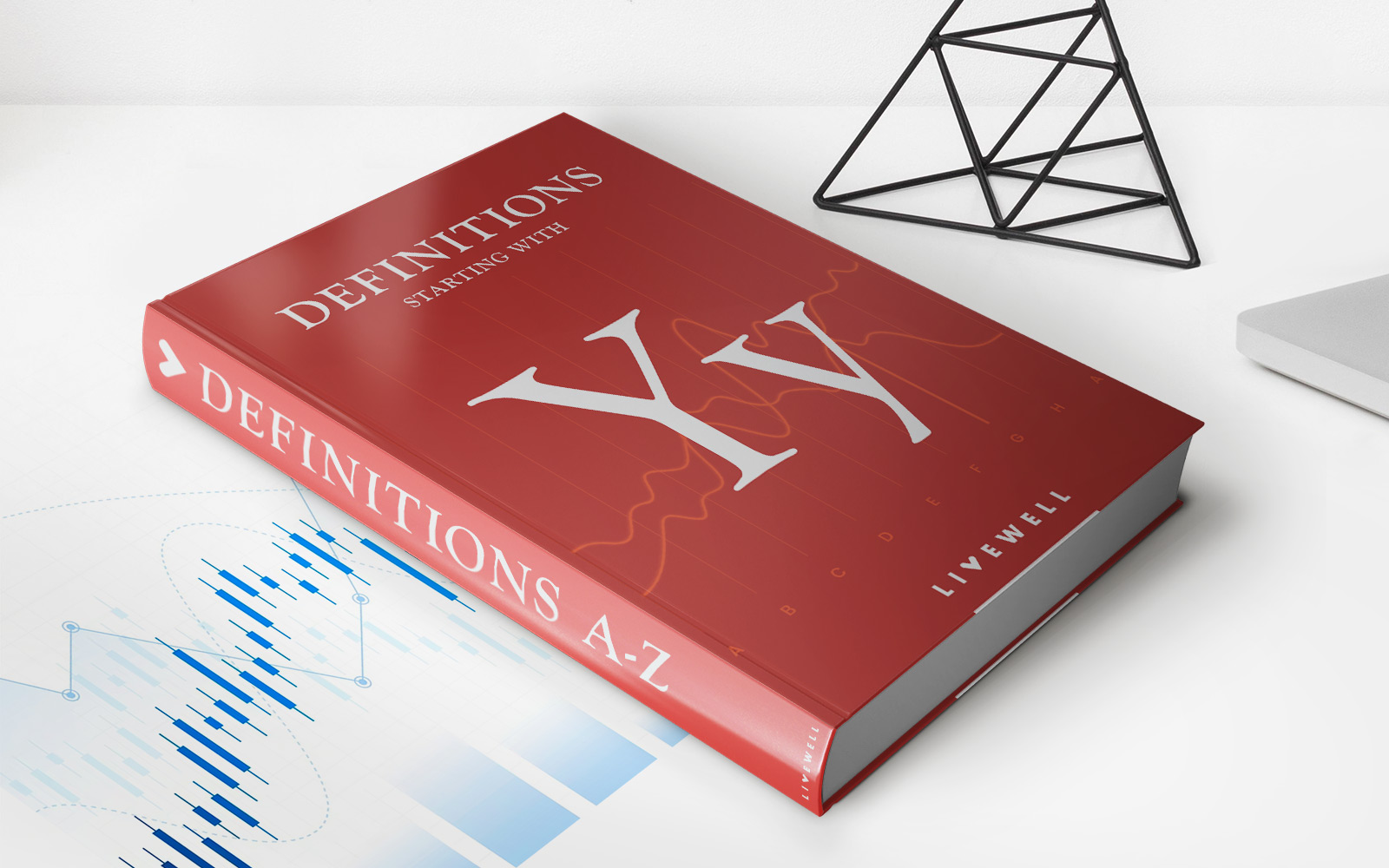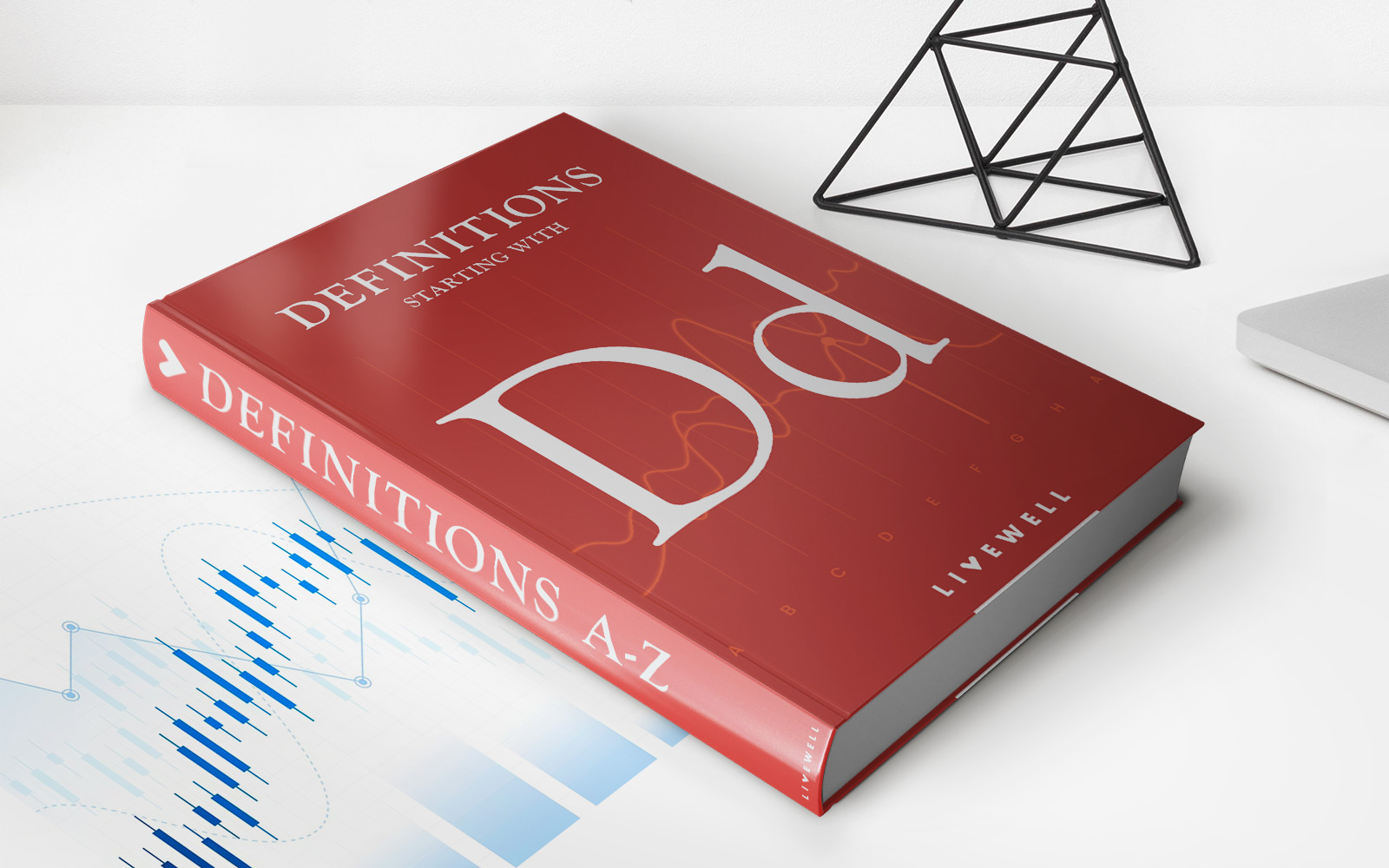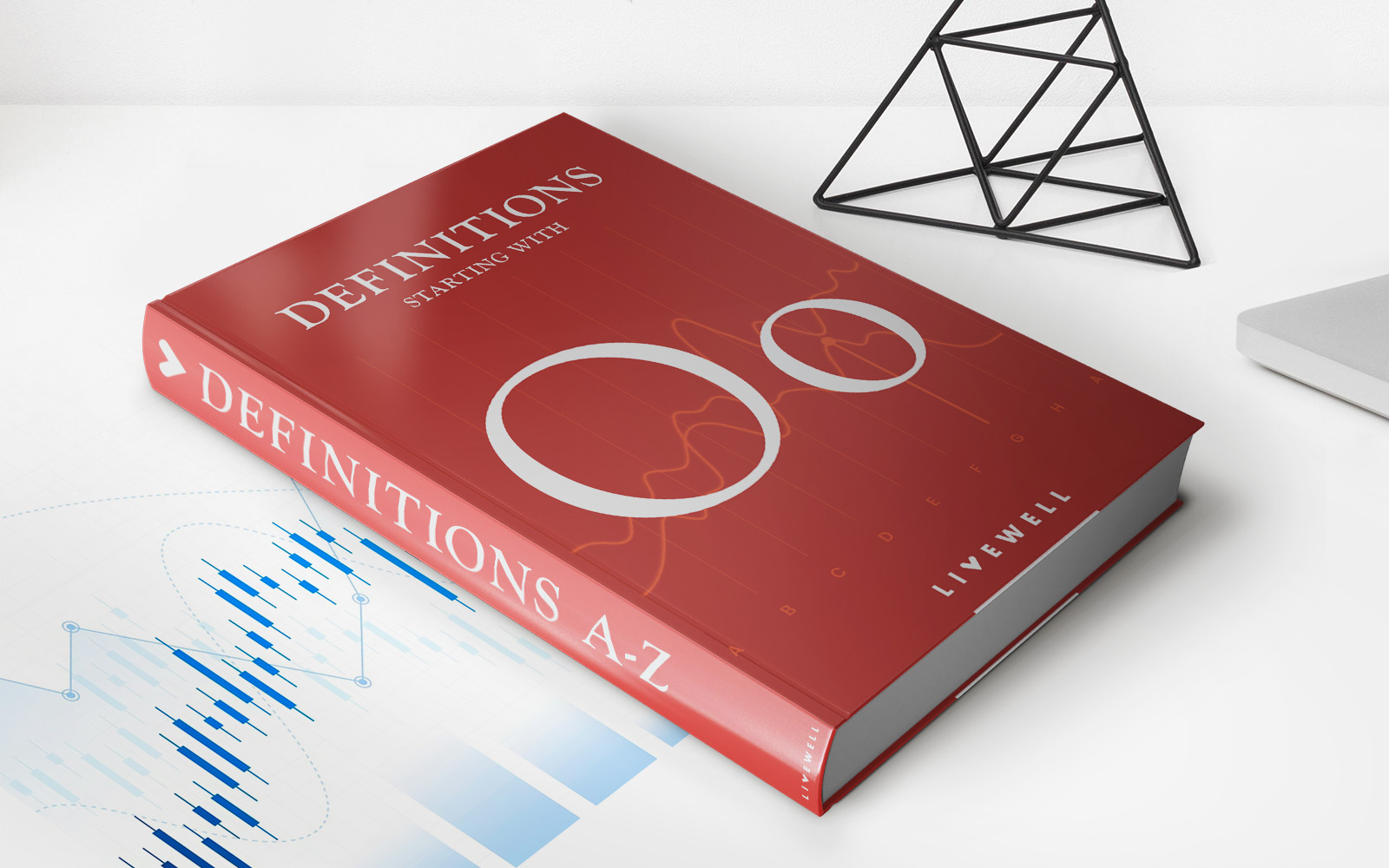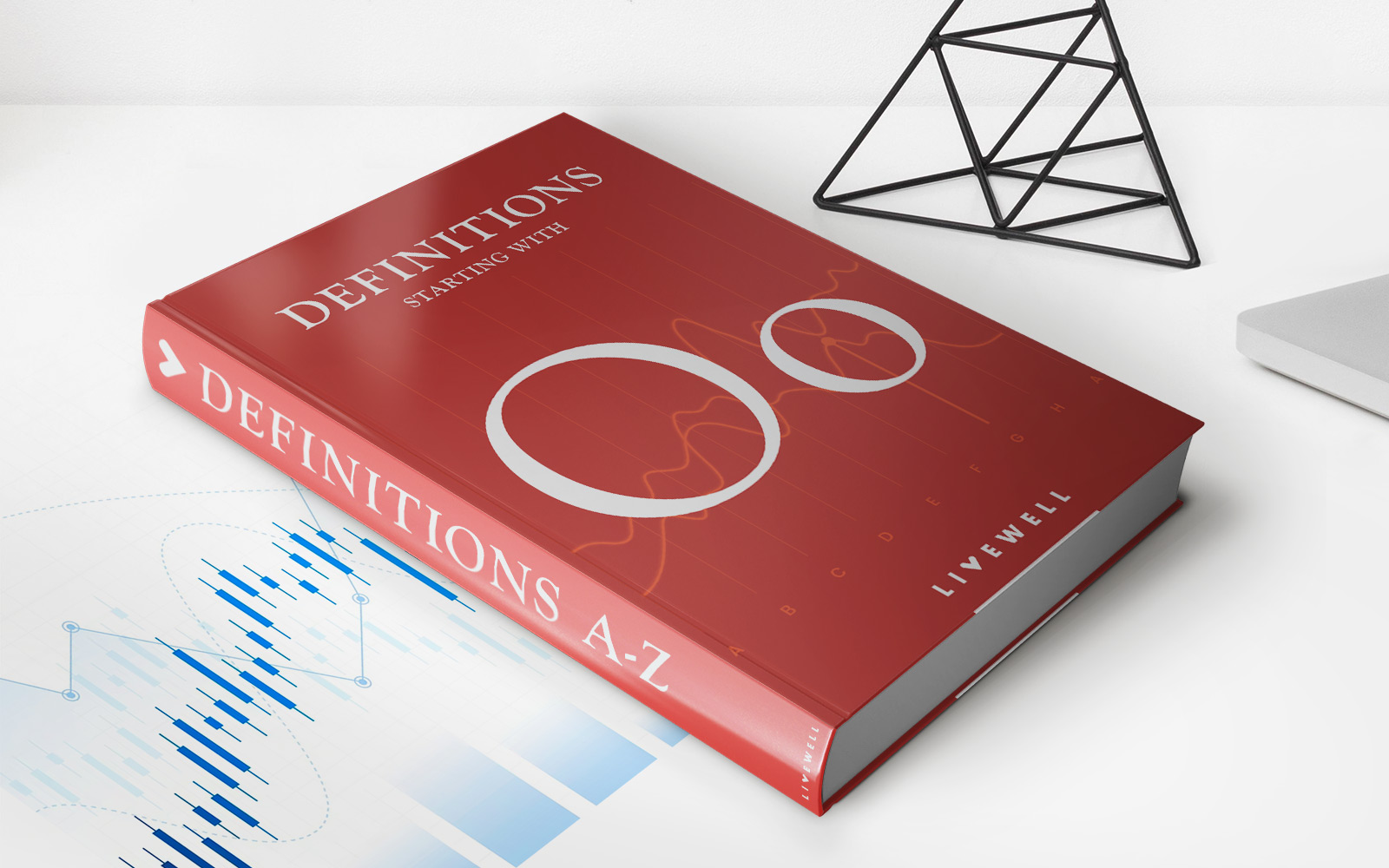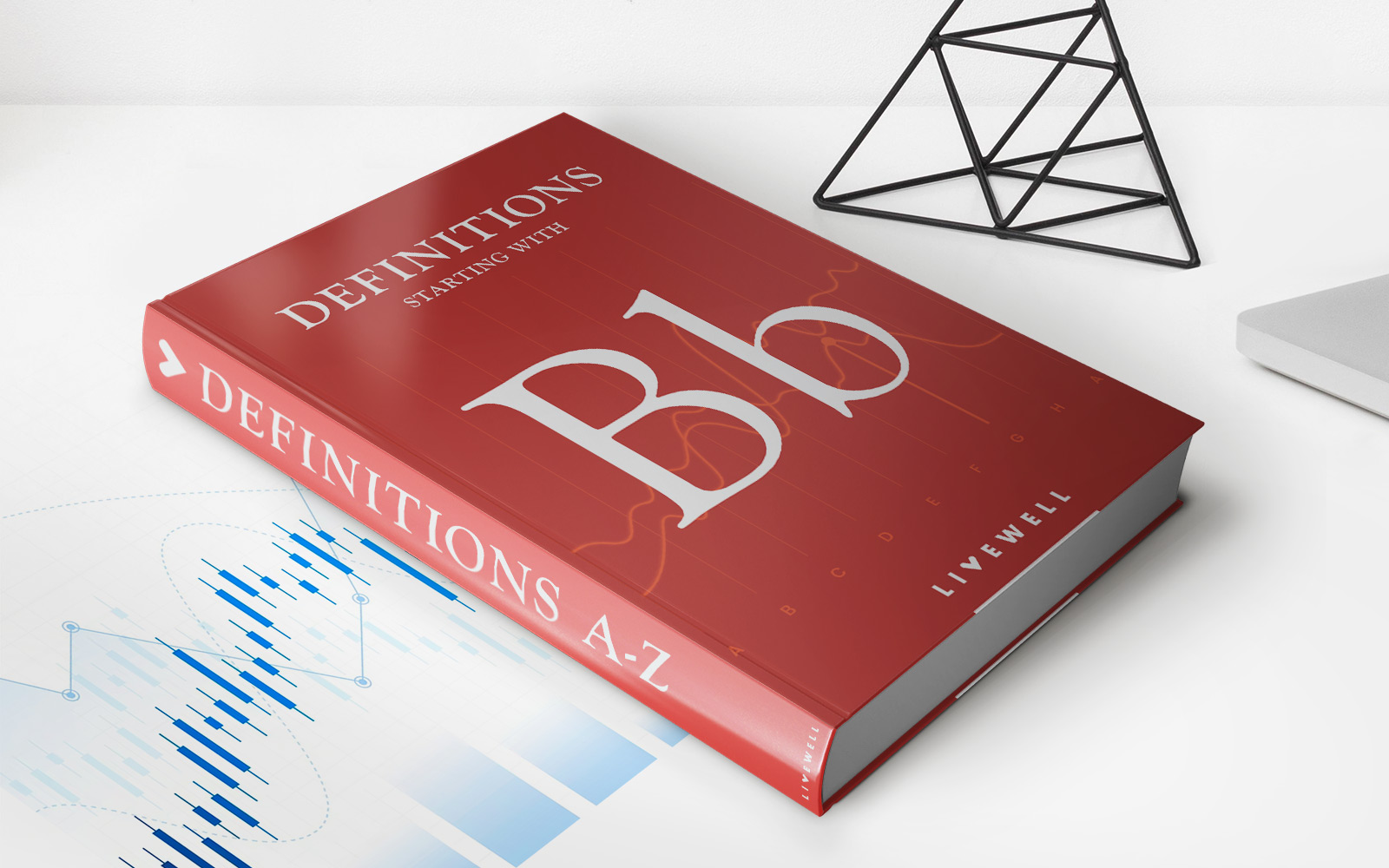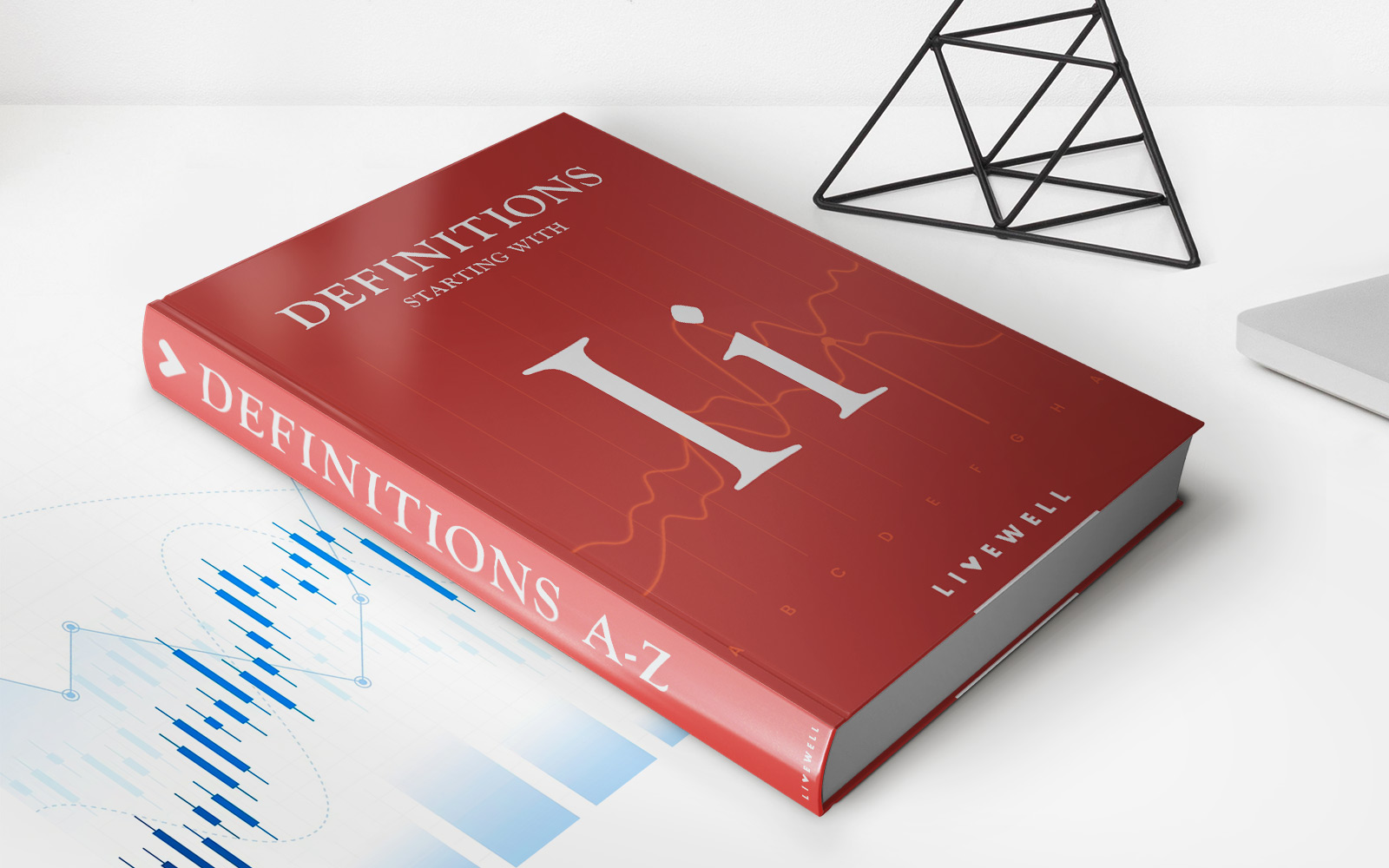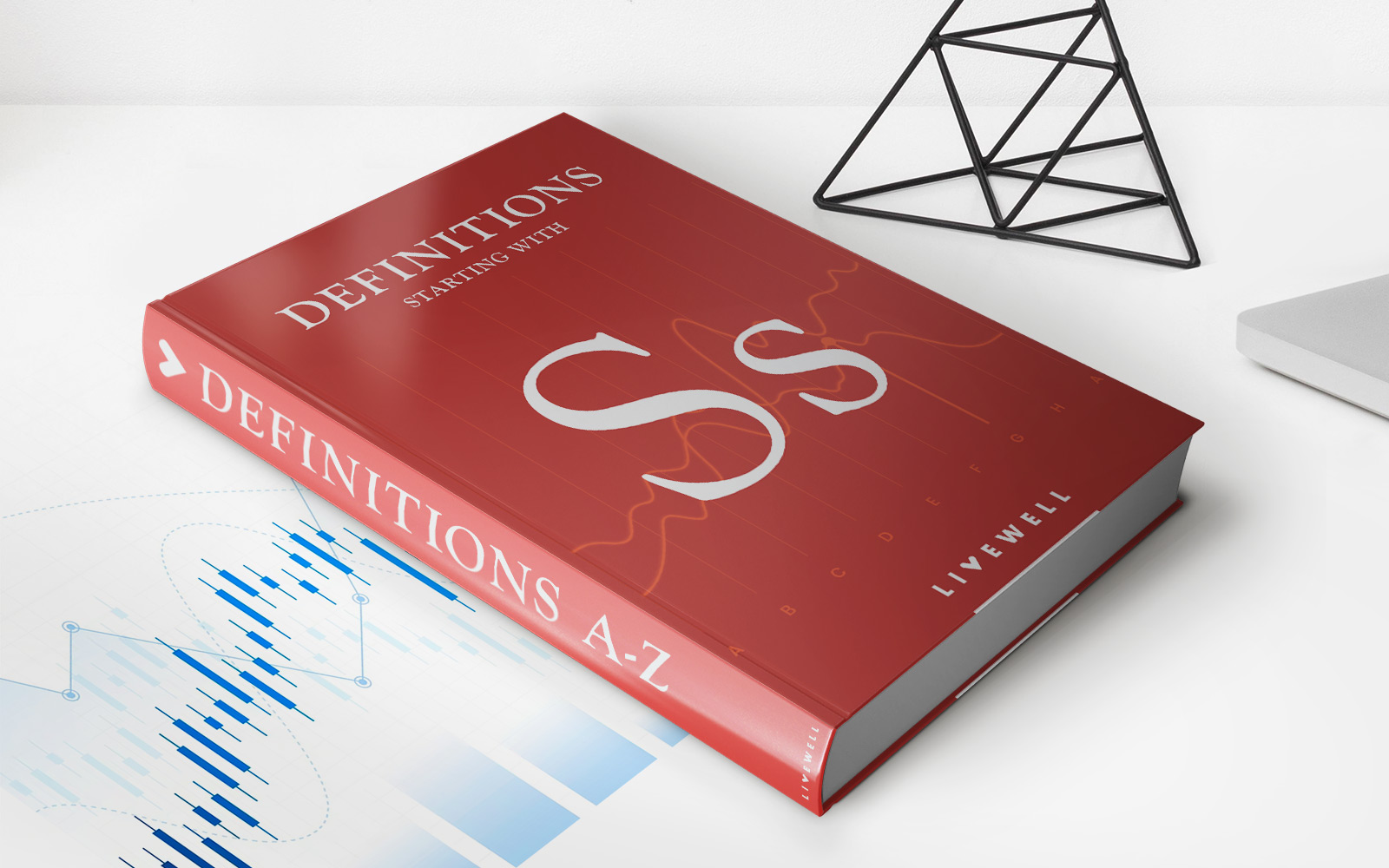Home>Finance>Barrels Of Oil Equivalent Per Day (BOE/D): Definition And Uses
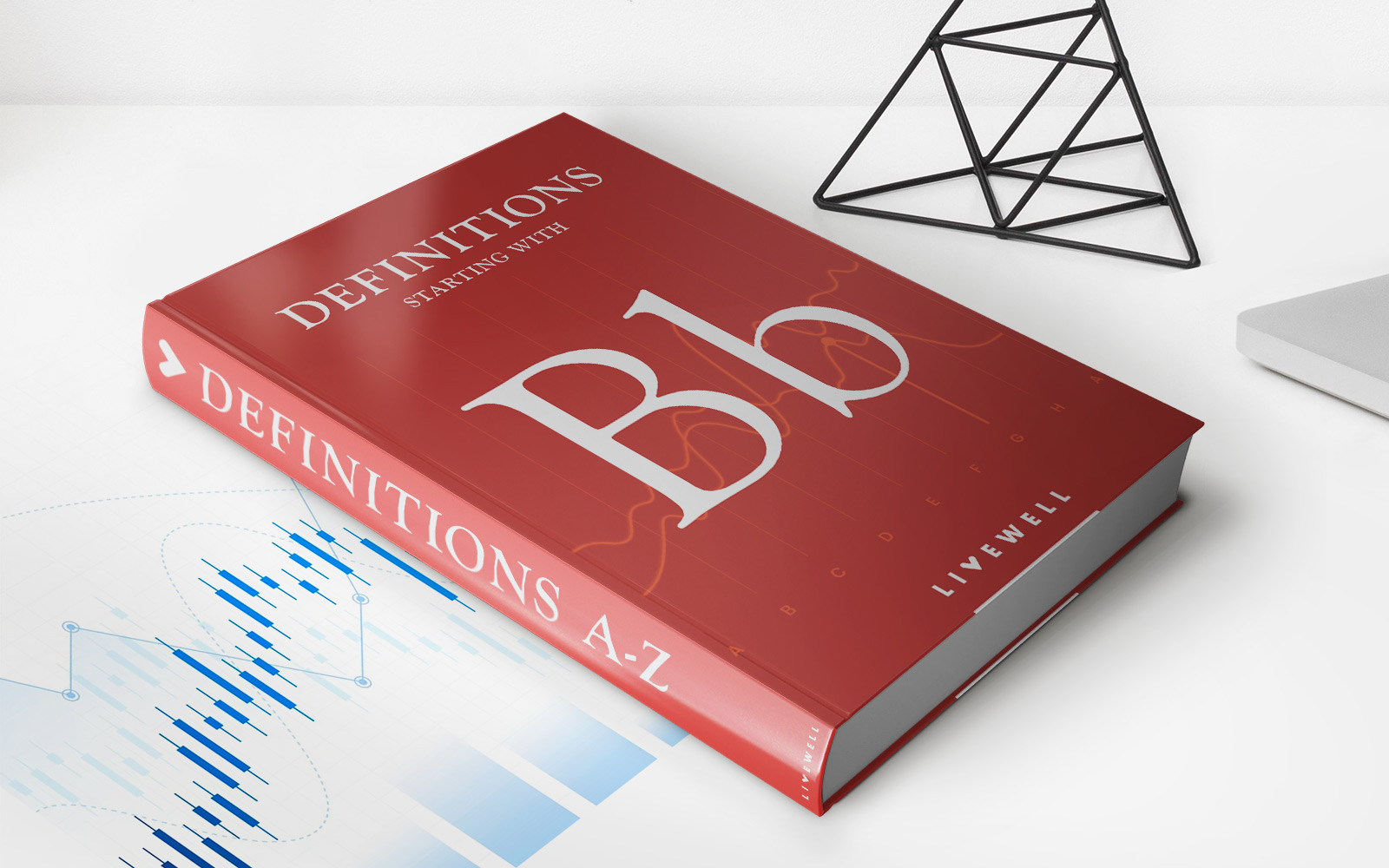

Finance
Barrels Of Oil Equivalent Per Day (BOE/D): Definition And Uses
Published: October 14, 2023
Learn the definition and uses of Barrels of Oil Equivalent per Day (BOE/D) in finance. Discover how it influences the energy industry and financial markets.
(Many of the links in this article redirect to a specific reviewed product. Your purchase of these products through affiliate links helps to generate commission for LiveWell, at no extra cost. Learn more)
Unlocking the Power of Barrels Of Oil Equivalent Per Day (BOE/D)
Understanding the complex world of finance can often feel like trying to decode a secret language. Acronyms and industry-specific terms are thrown around, leaving many people feeling confused and overwhelmed. One such term that you may have come across is Barrels Of Oil Equivalent Per Day (BOE/D). In this blog post, we will demystify this concept, exploring its definition and shedding light on its important applications in the finance industry.
Key Takeaways:
- Barrels Of Oil Equivalent Per Day (BOE/D) is a unit of measurement used in the energy industry to quantify the amount of energy extracted or produced.
- BOE/D is a useful tool for comparing energy production and consumption across different sources, such as oil, natural gas, and renewable energy.
Defining Barrels Of Oil Equivalent Per Day (BOE/D)
At its core, Barrels Of Oil Equivalent Per Day (BOE/D) is a metric used to standardize and compare various forms of energy production. It allows for a simplified representation of different types of fuels, making it easier to understand and assess their relative energy content.
BOE/D is typically used in the oil and gas industry, where it measures the amount of energy produced or consumed per day. The unit of measurement, “barrels of oil equivalent,” is derived from the energy content of a barrel of oil. This allows for a more comprehensive evaluation of energy sources, including oil, natural gas, and other non-traditional sources such as renewables.
The Uses of Barrels Of Oil Equivalent Per Day (BOE/D)
The versatility of BOE/D lies in its ability to normalize energy measurements across various sources. Here are some key ways in which BOE/D is utilized in the finance industry:
- Comparison: BOE/D provides a standardized unit for comparing energy production and consumption across different sources. This allows companies, investors, and policymakers to make informed decisions about resource allocation and investment opportunities. By expressing energy production in a common unit, it simplifies the analysis and helps facilitate meaningful comparisons.
- Valuation: BOE/D is also used as a tool for valuing energy assets. By converting different energy sources into a common unit, it enables accurate assessments of reserves and the potential profitability of a project. This is particularly critical when evaluating oil and gas companies, where energy reserves are a key determinant of their market value.
- Planning and Forecasting: BOE/D is widely employed in the planning and forecasting processes of energy companies. By estimating production in terms of BOE/D, organizations can project future revenue streams, assess production capacity, and align their strategies with market demand.
Overall, Barrels Of Oil Equivalent Per Day (BOE/D) is an essential concept in the finance industry, particularly for those involved in the energy sector. Its ability to standardize energy measurements and facilitate meaningful comparisons makes it a valuable tool for decision-making and analysis.
So the next time you encounter the term BOE/D, you can confidently navigate the conversation knowing that it represents a powerful unit of measurement in the world of energy finance.
